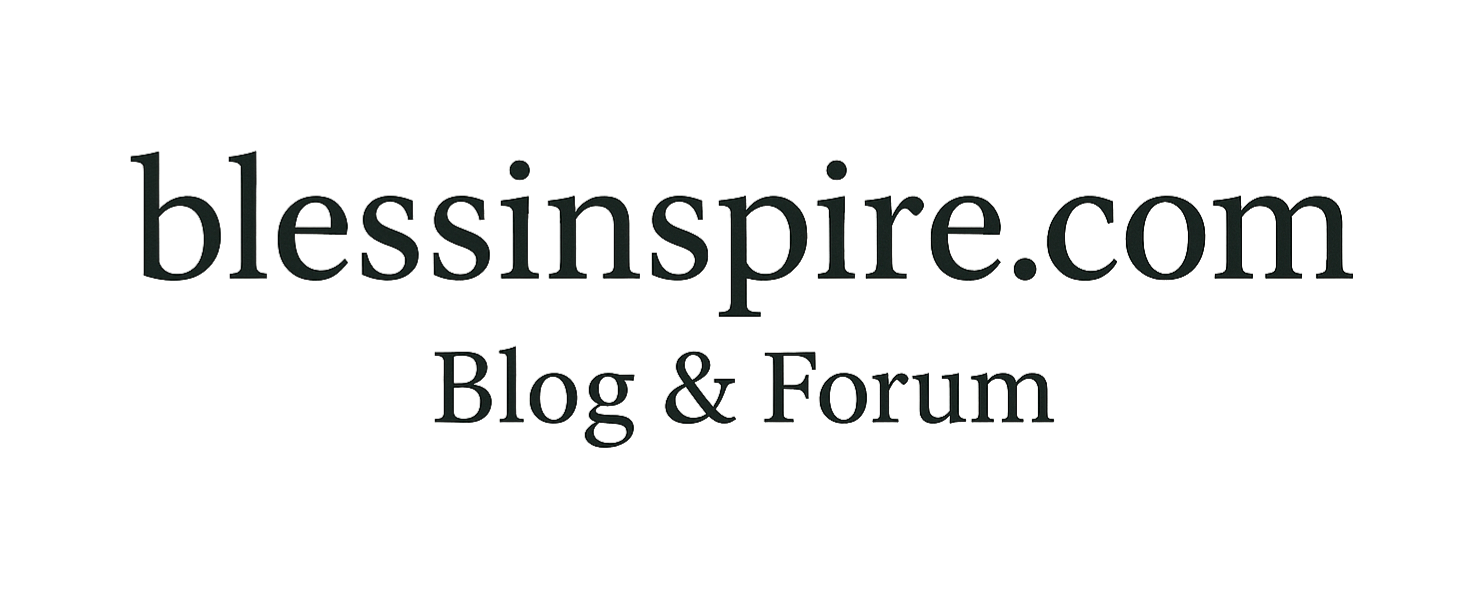[user_display_name]
[Sticky] Why a 24-Year-Old AI Researcher Rejected Meta’s $125M Offer — And What Made Zuckerberg Double It
Why a 24-Year-Old AI Researcher Rejected Meta’s $125M Offer — And What Made Zuckerberg Double It
In a stunning display of the growing value of top AI talent, 24-year-old researcher Matt Deitke made headlines after reportedly turning down a staggering $125 million offer from Meta. But what happened next speaks volumes about how aggressively tech giants are competing in the AI arms race. According to a New York Times report, Meta CEO Mark Zuckerberg personally intervened after the rejection—resulting in a revised offer valued at up to $250 million in stock and cash.
This high-stakes move sheds light on the current frenzy in the artificial intelligence space, where securing the brightest minds can determine a company’s edge. Deitke, who initially preferred to focus on his AI startup, Vercept, ultimately accepted the improved deal after consulting peers. The new package reportedly includes up to $100 million in the first year alone.
Who is Matt Deitke and why is he such a hot commodity?
Deitke is far from an average 24-year-old. He previously led the development of Molmo, a cutting-edge multimodal AI system capable of understanding and generating content from images, text, and sounds—technology perfectly aligned with Meta’s vision for advanced AI interaction. His pioneering work earned him an Outstanding Paper Award at the prestigious NeurIPS 2022, a rare honor among over 10,000 global submissions.
In November, Deitke co-founded Vercept, a startup focused on developing AI agents that can autonomously use internet-based software to perform complex tasks. The startup quickly attracted attention and raised $16.5 million in seed funding from high-profile investors, including former Google CEO Eric Schmidt.
Meta’s $1 Billion AI Talent Strategy
The Deitke acquisition is just one piece of Meta’s broader strategy. The company is reportedly spending over $1 billion to assemble a “superintelligence” research dream team. This includes poaching AI leaders from rival firms like OpenAI, Google, Anthropic, and Apple.
Most notably, Meta recently brought on Ruoming Pang, Apple’s former head of AI models, with a compensation package estimated at more than $200 million. These aggressive moves suggest that Meta is determined to position itself as the frontrunner in the race for artificial general intelligence (AGI).
The rising value of AI innovators
Deitke’s story reflects a new era in tech where young, talented AI researchers are not only commanding life-changing compensation but also shifting the direction of global tech giants. His willingness to initially turn down a $125 million offer speaks to the confidence and autonomy today’s top AI minds possess. It also shows how much companies like Meta are willing to adapt—fast—when faced with losing out on transformative talent.
For Meta, securing Deitke means more than just hiring a genius. It signals a commitment to building the future of AI with the very best minds in the field. For Deitke, it’s a chance to take his vision global, with the full force of Meta’s resources behind him.
As artificial intelligence becomes the cornerstone of tech innovation, stories like Matt Deitke’s are becoming more common—and more extreme. With tech giants vying for supremacy, and individuals like Deitke commanding unprecedented leverage, the landscape of AI development is rapidly evolving.
Expect more record-breaking deals, more surprise moves by CEOs like Zuckerberg, and even more startups like Vercept rising to prominence as the AI gold rush accelerates.
Suggested Focus Keyphrase: why Meta paid $250 million to AI researcher Matt Deitke
Source: The New York Times
- 96 Forums
- 335 Topics
- 361 Posts
- 1 Online
- 21 Members

